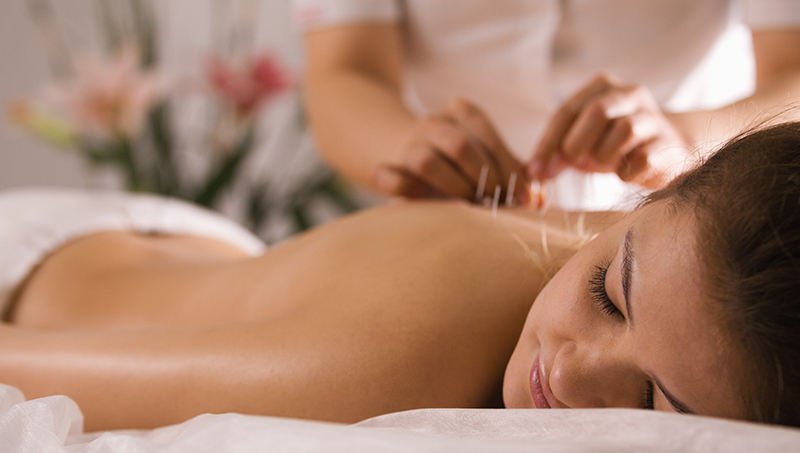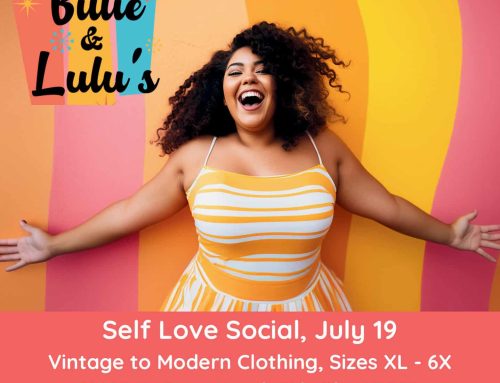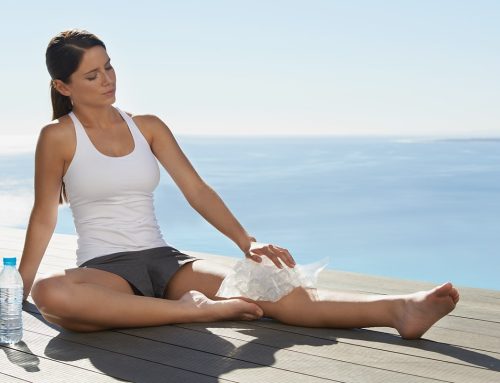By Anna Lunaria,
Licensed Acupuncturist
Acupuncture has been used for over 3,000 years to naturally relieve pain, restore health and nurture wellbeing. Acupuncture is mind-body-spirit medicine: it is equally effective for physical maladies and mental-emotional imbalances. Many studies show that acupuncture can successfully treat most health concerns, from pain and anxiety to infertility and allergies.
It’s estimated that about one in ten Americans have tried acupuncture. Acupuncture is rapidly becoming more popular especially since the opioid crisis has more people turning to natural pain relief methods. There are over 13,000 studies researching if, how and why acupuncture works. The most well established studies verify that acupuncture prompts the body to release endorphins and endogenous (self-made) opioids. Newer studies find that releases adenosine (the A in ATP), which is a natural analgesic (pain killer), vasodilator (improves blood flow), and sedative (natural calming effect) the moment an acupuncture needle enters the body.
The most frequently asked question about acupuncture is: Does it hurt? Many people are afraid of needles. Many of us associate needles with injections and blood draws. Those needles are much thicker than an acupuncture needle. Under a microscope those needles have a serrated edge because they are meant to shear through tissue whereas an acupuncture needle is smooth. The needles we prefer are as thin as hair. They glide into the body almost with no sensation or a tiny pinch. Acupuncture points are generally located near nerves but not directly on nerves and also are not near major blood vessels. Bruising can occasionally occur if a tiny capillary is pierced. Most people find acupuncture painless and pleasurable.
Other common questions:
Q: How much does it hurt compared to a tattoo?
A: It’s not comparable because getting tattoos hurt and have much larger needles.
Q: Are needles reused?
A: No, all needles come in sterile packages and are disposed of safely.
Q: Do I keep my clothes on?
A: If you do remain clothed it’s best to wear clothes that are easy to roll up past the knee and elbow. If we’re treating back or hip pain, then yes, clothes are generally removed.
Q: How long are treatments?
A: It depends on what we are treating and your age, state of health and preferences. Treatments can be as quick as 20 minutes while some can be 90 minutes to incorporate needles on two or more sides of the body as well as other treatments such as cupping or massage. Generally, an acupuncture treatment lasts 45 minutes.
Q: Do I need to lay perfectly still when my needles are in?
A: No, the needles are so thin they bend with movement. If you need to move to rest more comfortably you should be able to adjust your position without pain.
Q: How old do you have to be to receive it?
A: My youngest patient was three weeks old (colic) and my oldest patient was 94.
Q: How many sessions do I need to see a difference?
A: While most patients do feel a difference within one treatment, acupuncture is a physiological process. Acupuncture helps the brain perceive pain less while stimulating the body to heal tissue and rebalance neurotransmitters and the brain as well as the immune and endocrine systems. Most chronic conditions can take 10 to 20 treatments. Research shows that acupuncture works best when received two to three times per week. The best part is that the benefits of acupuncture are long lasting with many people still feeling better a year after their initial treatment course.
To learn more about acupuncture, contact Yin Rising Acupuncture at yinrising.com or 480-206-6199.





